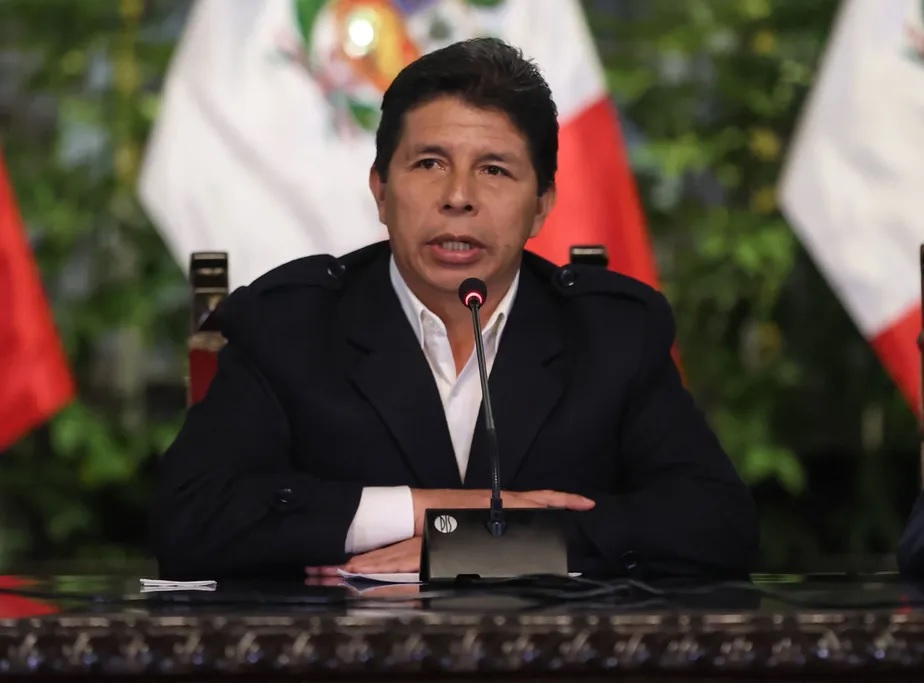On Thursday, October 13, Peru’s president, Pedro Castillo, pledged to “openly combat” deforestation in the Andean country through a series of actions with the participation of his government, the private sector, producers’ organizations, and native communities.
The president’s pronouncement was made in the framework of the celebration of the global meeting for the Climate, the Amazon, and the Tropical Forests, which took place in the northern region of San Martin between October 10 and 13 to promote the exchange of experiences in favor of the environment.
The four-day event, which took place in the cities of Moyobamba and Tarapoto, brought together 39 sub-national governments from 10 countries, including Bolivia, Brazil, Colombia, Ecuador, the United States, Indonesia, Mexico, and Peru.

During his speech, Castillo said that to combat deforestation, it is necessary to promote a forest economy that prioritizes people and communities and mobilizes science and technology, gathering the contribution of universities and research centers.
He said that the action should also involve the financial support of the private sector and international cooperation to defend protected natural areas, including the territories of native, indigenous, and aboriginal communities.
“Peru is a mega-diverse country with immense natural resources and varied climates, which is the source of income for many families. We are the second largest country in the Amazon, with rainforests in the Amazon, dry and Andean forests,” he said.
The president celebrated that the Declaration of San Martin signed by local and international authorities is “a fundamental step to reduce forest deforestation and build a more sustainable, healthy, equitable and egalitarian world”.
Organized by the Governors for Climate and Forests (GCF) association, this meeting allowed the presentation of at least 50 experiences in forest conservation management, 15 of indigenous peoples, 30 of non-governmental organizations, and 30 of companies with ventures.
With information from Xinhua

